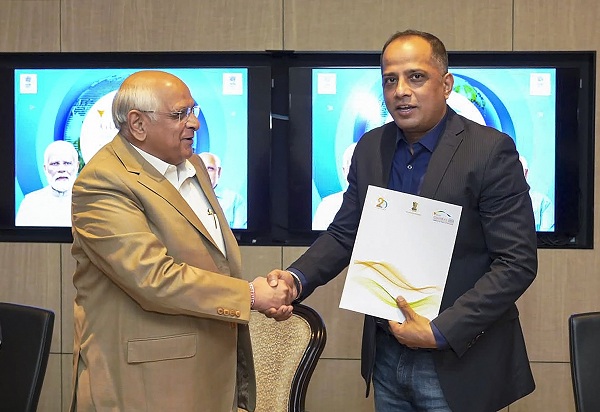Ahmedabad: Gujarat has been the flag bearer of India’s pharma industry and a hub for pharmaceutical manufacturing and exports for years, the state government has said as it gears up to host the Vibrant Gujarat Global Investor Summit.
Gujarat employs about 50,000 persons in over 4,000 manufacturing units producing allopathic, homeopathic, ayurvedic, and cosmetic drugs, according to a release by the state government.
As per official numbers, the state accounts for 53 per cent of India’s medical devices manufacturing and 78 per cent of the country’s cardiac stents manufacturing. About 40 per cent of the nation’s contract research organisations are based in Gujarat.
Ahead of the upcoming Vibrant Gujarat Global Investor Summit, Chief Minister Bhupendra Patel had earlier sought to highlight the state’s dominant role in the pharma sector. “Gujarat contributes 30 per cent of India’s pharmaceutical production and 28 per cent of total pharma export,” Patel had said.
The 10th edition of the Vibrant Gujarat event, which aims to pitch the state as the most favourable investment destination, will be held in January next year in Gandhinagar.
With over 700 pharma manufacturing licenses issued from 2020 to 2022, experts believe Gujarat’s share in the global pharmaceutical vertical is bound to skyrocket.
While 130 Gujarat registered pharma companies are United States Food and Drug Administration (USFDA) approved, 753 units are WHO Good Manufacturing Practices (GMP) approved.
“This vibrant Gujarat has been started by Narendra Modi. Since then, we have seen that everything is vibrant and huge investments are being made (in the pharma sector). We are all connected to vibrant Gujarat, and our business has grown due to it,” said Sharad Patel, chairman of Sotac Pharmaceutical Limited.
Gujarat’s pharmaceutical sector is also noteworthy for its innovation and has expanded its business horizons to include the production of generics, research and development (R&D), contract research and manufacturing organisations (CRAMS), bulk drug productions, and new chemical entities (NCE), according to the state government.







